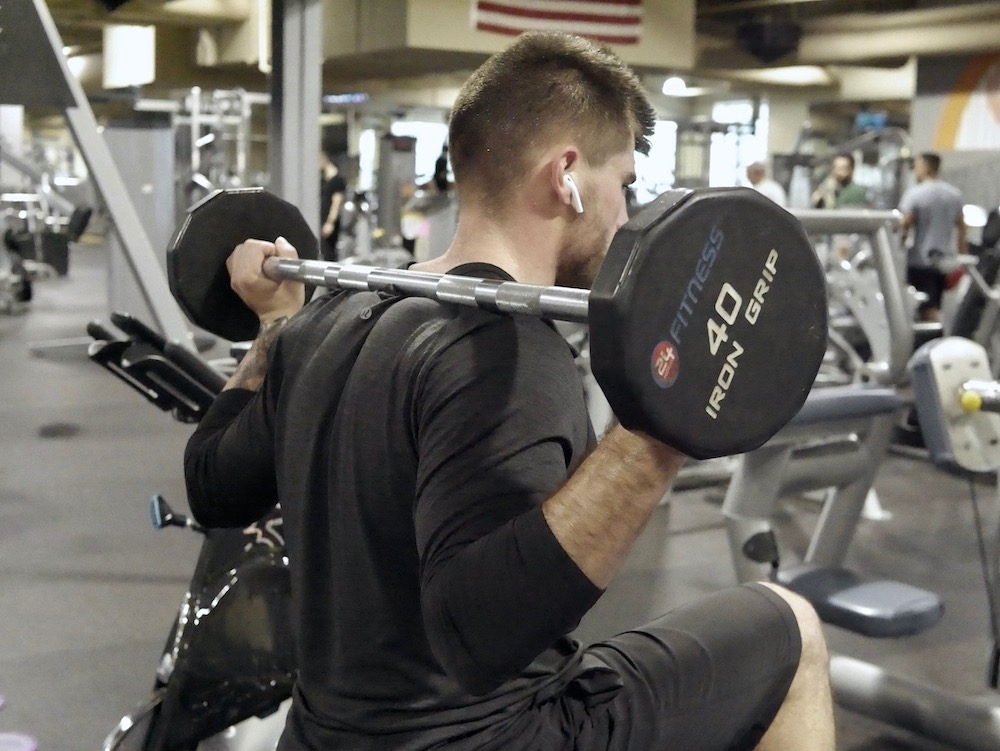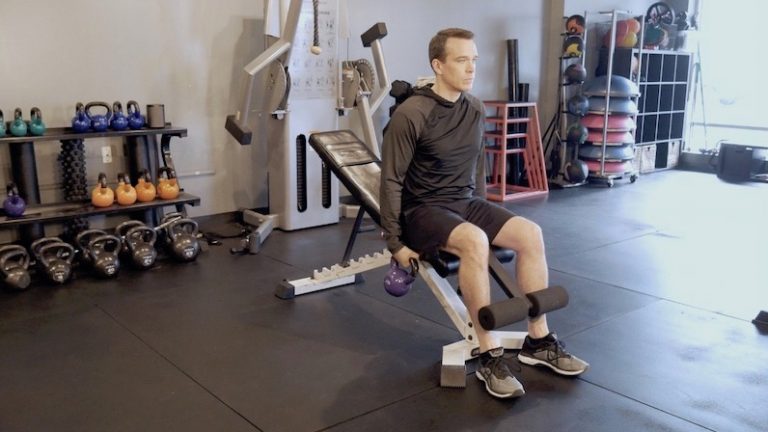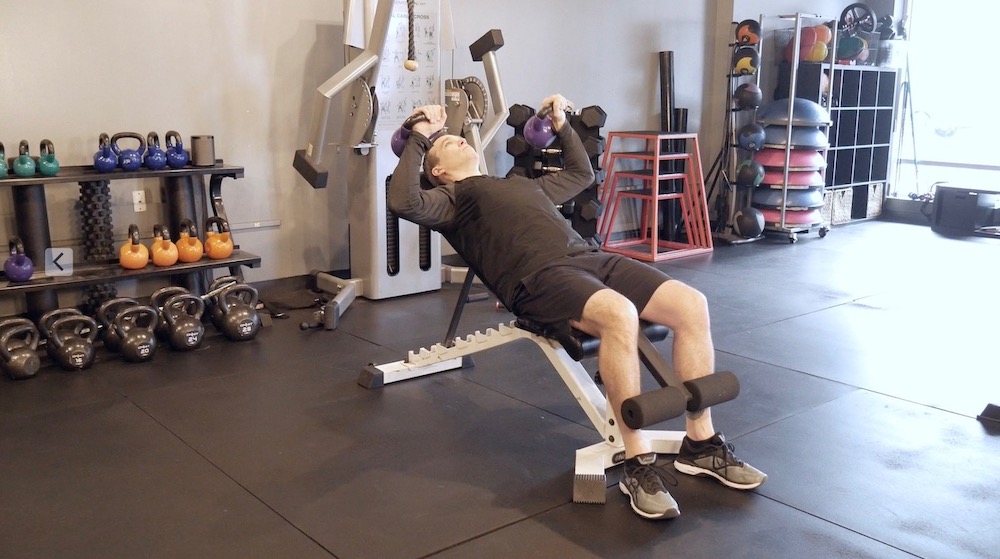Benefits of Strength Training
Strength training in some form is important for everyone. When the body doesn’t get the proper amount of physical activity it suffers. Our body’s want to be active and strong. In this day in age, it’s more and more common for people to find themselves sitting for long periods every day. Physical activity is not in most peoples regular schedule. So what do you do if you are one of those people? You find ways to stay active. One of the best ways, get involved in a strength training program.
A strength training program can be a lot of things. What it means to me, easy, any form of exercise that builds strength. Strength training doesn’t have to be with weights. Body weight exercises can just as, if not more effective at building strength than exercises with weights. Whatever you chose, make sure it’s safe, effective and you enjoy it!

Picking the Right Strength Training Program
There are a lot of different strength training programs. I think like diets, there are good and bad things in all of them. There’s not one perfect program for anyone. Over the years after experimenting with all kinds of exercises routines, there are basic principles that I’ve taken away from all of them that apply to me and have held true with my clients. I’m going to tell you right now, my biggest emphasis in fitness is safety. I am not a one max rep person. I don’t think it’s worth it. So what I’ve learned through my experience (not what I’ve read), and what I’m going to share focuses around results and safety.
I said earlier I’m not a one max rep guy. So what is the heaviest amount of weight and lowest rep you should lift, on occasion? I think lifting heavy should be in everyone’s strength training routine, but how often and how heavy. I think it’s different for everyone, I think generally someone should only lift at their full capacity in weight maybe ten percent of time. It should not be constant. Lifting like that regularly will deplete your strength, put you at a much greater risk of injury and you will plateau faster. Your body needs to recover.


How Heavy Should You Lift?
Some of the best advice I’ve gotten wasn’t in a fitness book. It was from some 50-60-year-old guy who’s been in the gym for the last 40 years. I’ve talked to a lot of these people and I hear all the time about switching to lighter weight and “you don’t need all that weight.”. And I don’t think you do. The best shape I’ve ever been in, I was lifting light weight, long reps!
I lift heavy from time to time too. Lifting heavy has its benefits as well. It builds tendon strength and brute strength. Every type of exercise has its own benefits. Mixing up what you do gets you better at everything, which I believe is more functional.
